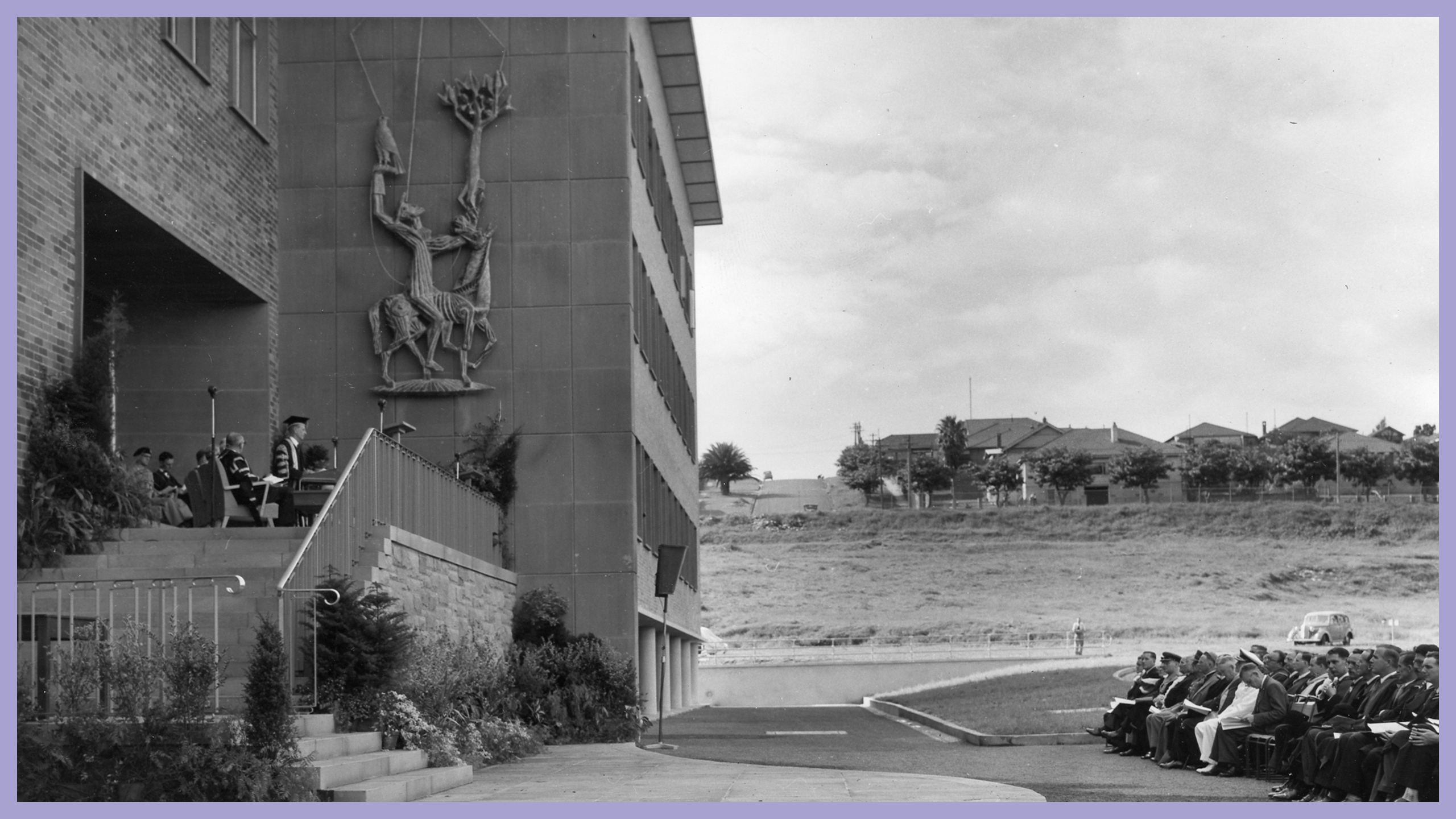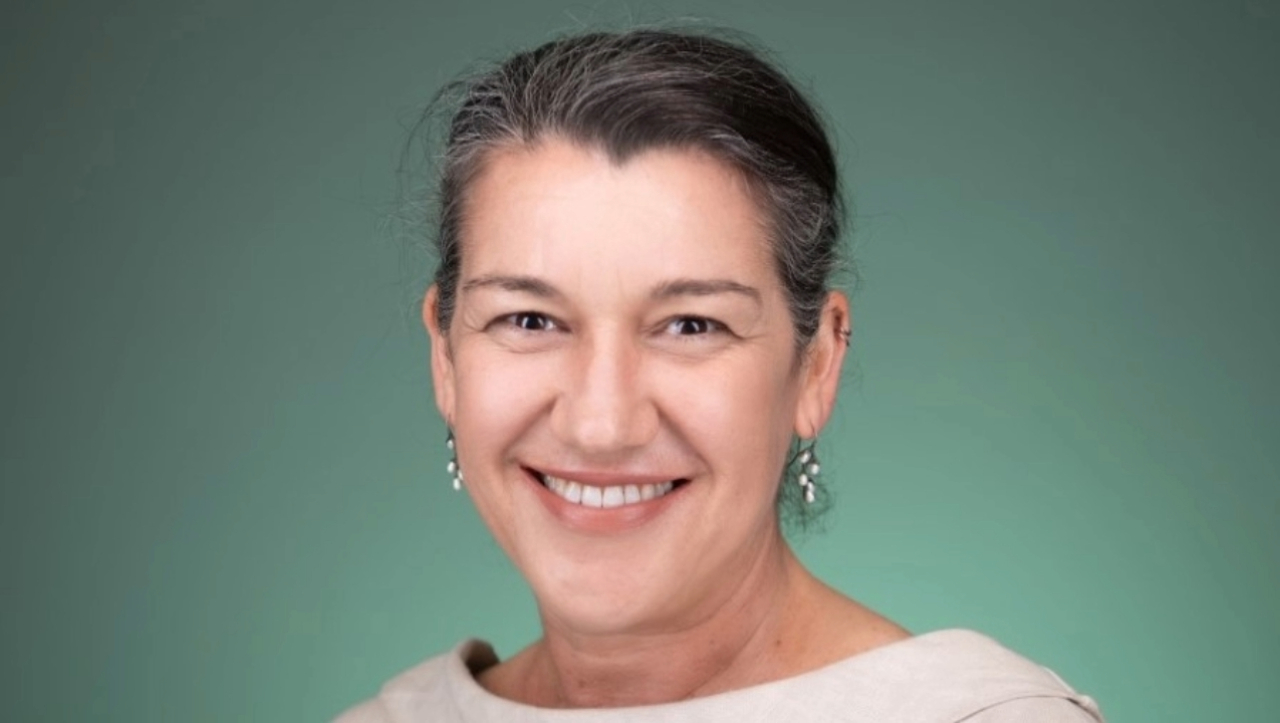HIV seroconversion over time: 30 years exploring accounts of HIV infection and diagnosis

In 1992, the first in-depth study was set up to explore the ‘event’ that people attributed to their HIV seroconversion. Unique in the world, this study investigated the ways in which people understand and negotiate HIV risk. Over time, studies of HIV seroconversion have identified many important issues, such as the emergence of strategic positioning and serosorting. They have also chronicled, via participants’ accounts, many significant developments in the epidemic, including contemporary antiretroviral-based HIV prevention approaches (notably ‘treatment-as-prevention’ and U=U). This research continues to be important in the current era, for example providing insights into HIV testing patterns, mobility, PrEP, and the negotiation of sexual encounters on digital media apps.
On the 30th anniversary of the first seroconversion study in Australia – and timed to coincide with World AIDS Day – researchers who have been involved in the study over its lifetime will provide reflections on the personal and community impact of the study and its main findings – over each specific era – as well as its impact across the different periods of the epidemic. A representative of NAPWHA will provide a response and perspective on behalf of people living with HIV (PLHIV), and PLHIV community organisations.
*Please note this is a hybrid event with registration options for in-person and online attendance. Drinks will follow after the seminar at 4pm.
Speakers will cover a different period of the study:
- Emeritus Professor Susan Kippax is a social psychologist and is Emeritus Professor at the University of New South Wales. She was director of the National Centre in HIV Social Research (NCHSR) from 1995 to 2007. Sue was a principal investigator on the first seroconversion study, the Risk Factors for HIV Infection Study, which commenced in late 1992. She was instrumental in the design of the original study, which focused on understanding the contexts in which gay and bisexual men acquired HIV. Sue continued to lead the qualitive arm of the study until 2006.
- Associate Professor Garrett Prestage is a sociologist who undertakes social and behavioural research using both quantitative and qualitative methods. He has worked at the Kirby Institute since 1992. Garrett has been closely involved in HIV seroconversion studies since the first study commenced in 1992, and became the study’s lead investigator in 2008. He also leads the current version of the study, which commenced in 2018, the Recent Diagnosis and the Impact of Support of Experiences of HIV (RISE) Study.
- Dr Jeanne Ellard is an anthropologist with extensive experience conducting research on the social aspects of HIV and viral hepatitis. She has worked in roles in both academia and the community sector. She is currently a research fellow at the Australian Research Centre for Sex, Health and Society (ARCSHS) La Trobe University. Jeanne worked as a researcher and interviewer on the Risk Factors for HIV Infection Study from 2001–2006 at the National Centre in HIV Social Research. She has continued to be involved in subsequent iterations of seroconversion studies and is currently a member of the advisory group for the RISE Study.
- Dr Ian Down is a researcher based at the Centre for Social Impact at UNSW where he is currently working on a range of mixed-method studies. Ian’s research interests are in public health, social justice and working with marginalised groups. Ian was a researcher on HIV seroconversion studies from 2009 to 2017. His PhD, titled Experiences of HIV among newly diagnosed men in Australia: Gay community, relationships and connections, was awarded in 2019, and was based on analyses of both quantitative and qualitative data from this study
- Dr Dean Murphy is a Research Fellow at the Kirby Institute, UNSW, and at Alfred Health, Central Clinical School, Monash University. His work focuses on understandings of HIV diagnosis, the use of HIV biomedical prevention technologies, experiences of sexual health and well-being, and the meanings of drug consumption among people from LGBTQ communities. Dean was closely involved in the development of the current version of the HIV seroconversion study, the RISE Study, and since 2018, he has been the senior researcher employed on the study. His analyses have focused on the impact of mobility on continuity of sexual health care, and previous experiences of HIV pre-exposure prophylaxis (PrEP) among recent serconverters
- Dr John Rule from NAPWHA will provide a response and perspective on behalf of people living with HIV, and PLHIV community organisations. John Rule is the Senior Research Manager at the National Association of People living with HIV Australia (NAPWHA). John has a social science background and has published research in the areas of community development, community education and health systems strengthening. At NAPWHA, John contributes to research data dissemination for PLHIV on a range of research studies and is engaged in the national development of programs for quality PLHIV care. He has worked in Australia and overseas as an advocate for HIV-positive people for over 25 years. He is a person living with HIV who was diagnosed with HIV last century.
For event updates and full speaker bios, check out the event page: https://kirby.unsw.edu.au/event/hiv-seroconversion-over-time-30-years-exploring-accounts-hiv-infection-and-diagnosis




